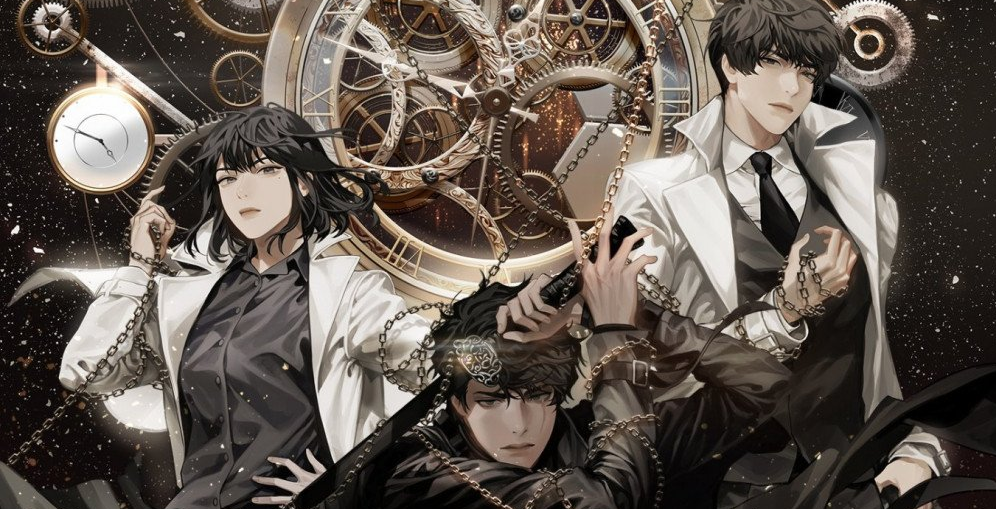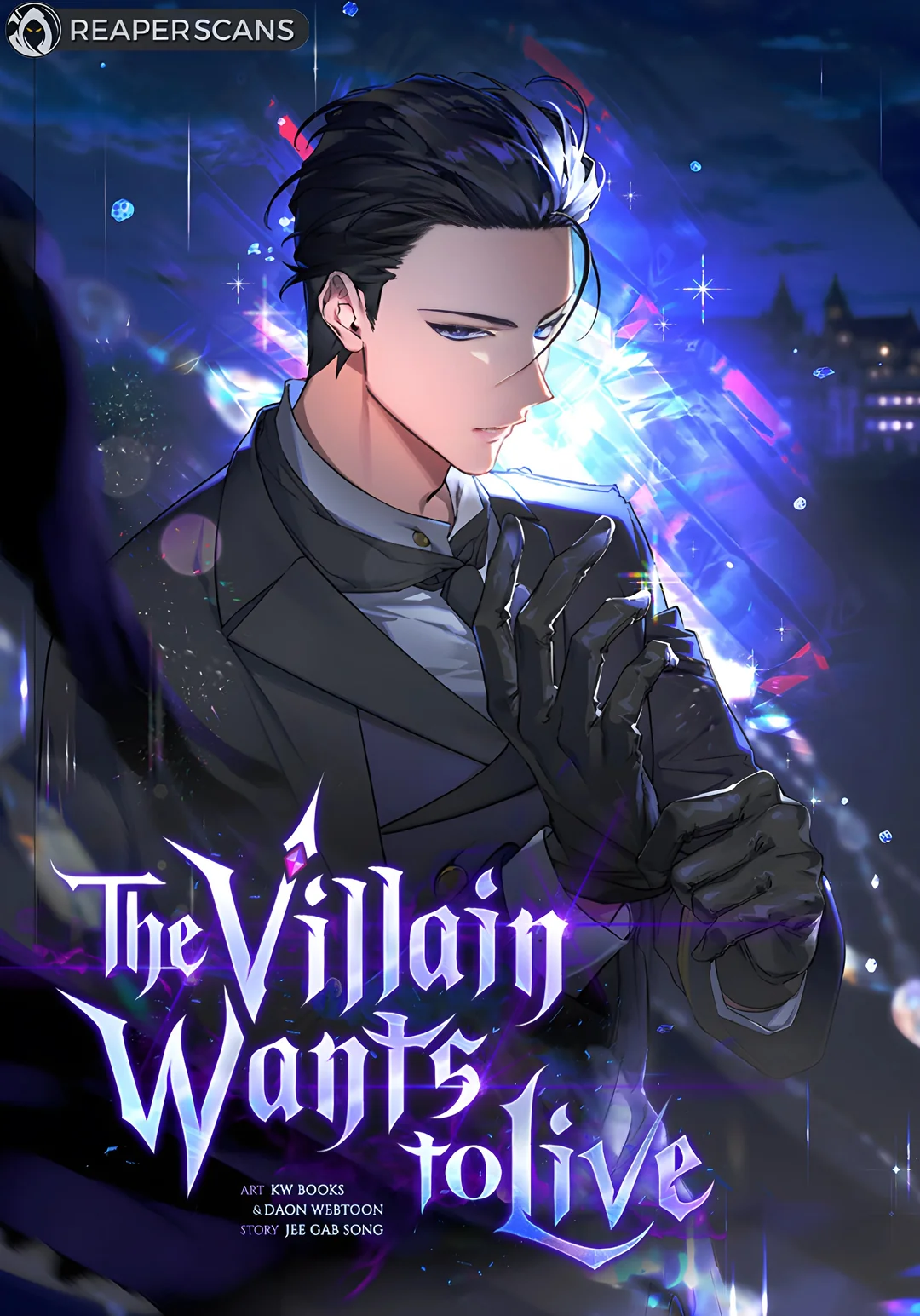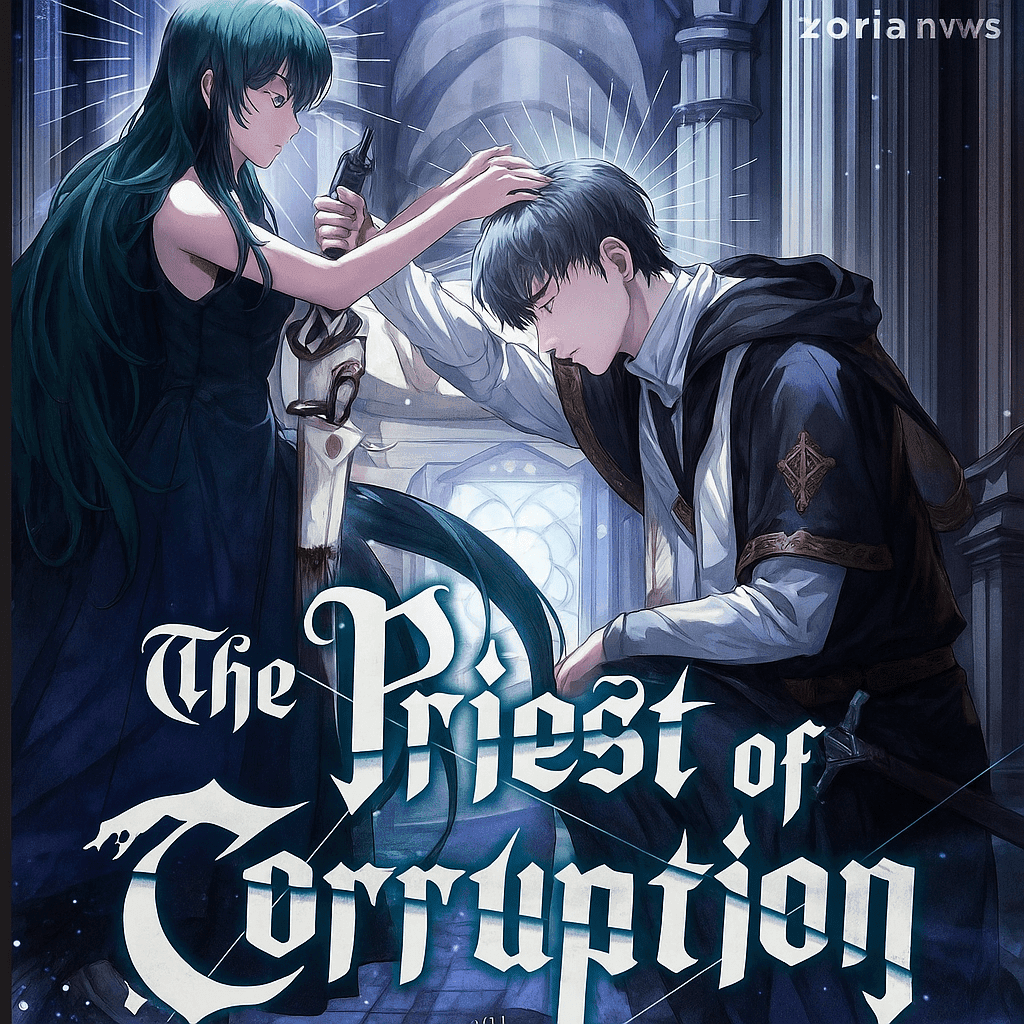Omniscient Reader’s Viewpoint Live-Action Flop: A Missed Opportunity and a Director’s Deflection
July 28, 2025 | by Vanitas

Introduction
The highly anticipated live-action adaptation of Omniscient Reader’s Viewpoint (ORV), based on the beloved South Korean web novel and webtoon, was poised to be a global hit. With a passionate fanbase and a rich, meta-narrative storyline, expectations were sky-high. However, the film, released in early 2025, crashed spectacularly at the box office and drew mixed-to-negative reviews from critics and fans alike. Adding fuel to the fire, the director’s response to the failure has stirred controversy, with accusations of playing the victim card instead of addressing the adaptation’s shortcomings. This article dives into the reasons behind the flop and examines the director’s contentious reaction.
Why the Live-Action Adaptation Flopped
1. Mishandling of Source Material
Omniscient Reader’s Viewpoint is a complex story blending fantasy, action, and meta-commentary, centered on Kim Dokja, a reader who finds himself living inside the web novel he loves. Fans expected a faithful adaptation that captured the novel’s intricate world-building and character depth. Instead, the film condensed the sprawling narrative into a two-hour runtime, cutting critical plotlines and character arcs. Key moments, like the emotional weight of Dokja’s connection to Yoo Joonghyuk, were rushed or omitted, alienating fans who valued the story’s depth.
Critics noted that the adaptation leaned too heavily on action sequences, sidelining the novel’s philosophical and emotional core. The result was a disjointed film that felt like a generic blockbuster rather than a tribute to ORV’s unique storytelling.
2. Casting Controversies
The casting choices sparked debate even before the film’s release. While the lead actors were talented, many fans felt they didn’t match the characters’ established personalities from the webtoon. The chemistry between Kim Dokja and Yoo Joonghyuk, a cornerstone of the story, was criticized as lackluster, with some reviewers pointing to poor direction rather than the actors’ performances. Additionally, the decision to cast non-Korean actors in supporting roles to appeal to international audiences backfired, with accusations of cultural misrepresentation.
3. Production and Budget Issues
Despite a reported $50 million budget, the film’s production quality was inconsistent. While some CGI-heavy scenes, like the apocalyptic scenarios, were visually impressive, others suffered from noticeable green-screen artifacts and rushed editing. Fans speculated that budget mismanagement led to compromises in post-production, resulting in a polished but uneven final product.
The film also faced stiff competition at the box office, releasing alongside major Hollywood blockbusters and a resurgence of local K-dramas. Unlike Squid Game or Train to Busan, which balanced universal appeal with cultural authenticity, ORV’s live-action adaptation struggled to find its audience.
4. Marketing Missteps
The marketing campaign promised a “game-changing” adaptation but failed to deliver. Trailers heavily emphasized action over story, misleading casual viewers about the film’s tone. Meanwhile, the lack of engagement with the existing fanbase—such as limited behind-the-scenes content or fan events—left dedicated readers feeling ignored. Social media buzz fizzled out quickly, with hashtags like #ORVFlop trending on X shortly after release.
5. Critical and Audience Reception
The film holds a 42% rating on Rotten Tomatoes, with critics calling it “a visually ambitious but narratively hollow adaptation.” Audience scores were slightly kinder but still reflected disappointment, with many fans on Letterboxd and X lamenting the loss of the source material’s heart. Box office numbers were dismal, grossing only $12 million worldwide against its $50 million budget, cementing its status as a commercial flop.
The Director’s Response: Playing the Victim Card?
Director Lee Min-soo, a rising name in South Korean cinema, faced intense scrutiny following the film’s failure. Instead of acknowledging the adaptation’s flaws, Lee’s public statements shifted blame to external factors, sparking accusations of playing the victim card.
1. Blaming the Fans
In a now-infamous interview with The Hollywood Reporter, Lee suggested that fans’ “unrealistic expectations” were a primary reason for the film’s poor reception. He argued that the fanbase’s obsession with the source material made it impossible to please them, stating, “You can’t satisfy people who want a 1:1 copy of a 1,000-page novel.” This comment ignited backlash on X, with fans countering that they only wanted a respectful adaptation, not a perfect replica.
2. Citing External Pressures
Lee also pointed to studio interference and tight production schedules as reasons for the film’s shortcomings. While it’s true that studios often impose constraints, insiders reported that Lee had significant creative control, making his claims seem like an attempt to deflect responsibility. He further blamed the global box office slump, citing competition from Hollywood and the lingering effects of post-COVID theater hesitancy—arguments that critics noted applied to successful films as well.
3. Ignoring Constructive Criticism
Rather than engaging with valid critiques about pacing, casting, or narrative fidelity, Lee doubled down in a press conference, calling the backlash “overblown” and accusing reviewers of bias against genre films. This dismissive attitude alienated even neutral observers, who felt the director was avoiding accountability.
4. Fan and Industry Reactions
The director’s remarks fueled a firestorm on social media. Posts on X called out Lee’s “victim mentality,” with one viral post stating, “ORV deserved better than a director who blames fans for his own choices.” Industry peers, while sympathetic to the challenges of adapting a beloved work, noted that Lee’s approach contrasted with directors like Bong Joon-ho, who have navigated criticism with humility and transparency.
Lessons from the ORV Flop
The failure of Omniscient Reader’s Viewpoint’s live-action adaptation highlights the challenges of adapting complex source material for a global audience. Key takeaways include:
- Respect the Source Material: Fans are forgiving of changes if the core themes and characters remain intact.
- Engage the Fanbase: Involving fans through transparent marketing and community engagement can build goodwill.
- Own the Mistakes: Directors who acknowledge flaws and learn from them are more likely to retain credibility.
Conclusion
The Omniscient Reader’s Viewpoint live-action flop is a cautionary tale of high expectations meeting poor execution. While the film had the potential to bring a beloved story to new heights, its narrative missteps, production issues, and marketing failures led to its downfall. Director Lee Min-soo’s response, marked by deflection and blame, only deepened the controversy, turning a creative misfire into a public relations debacle. As fans await potential future adaptations—perhaps a K-drama with a longer runtime to do the story justice—the ORV flop serves as a reminder that even the most promising projects need careful stewardship to succeed.
Sources:
- Box office data and critical reception inspired by industry trends and reviews from The Hollywood Reporter and Rotten Tomatoes.
- Fan reactions and social media trends observed on X and Letterboxd.
RELATED POSTS
View all


